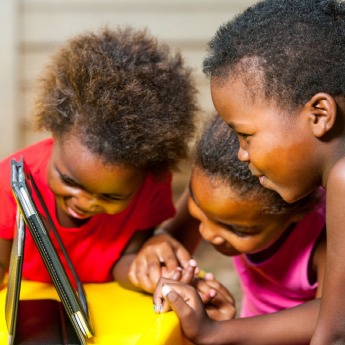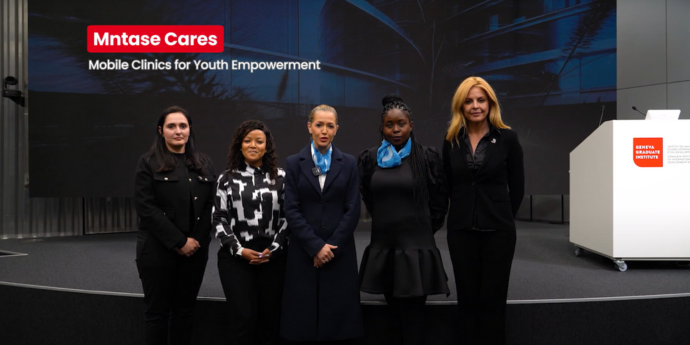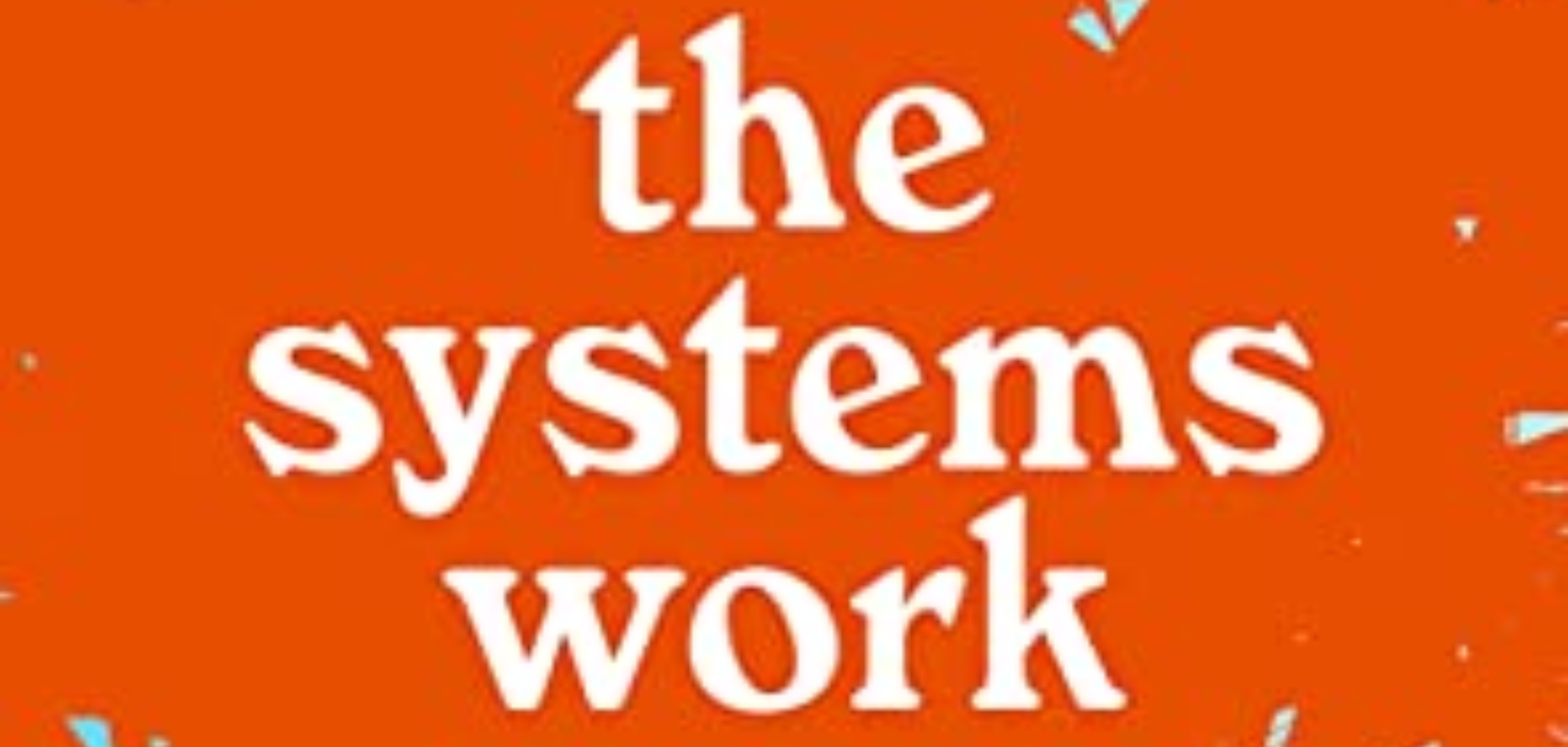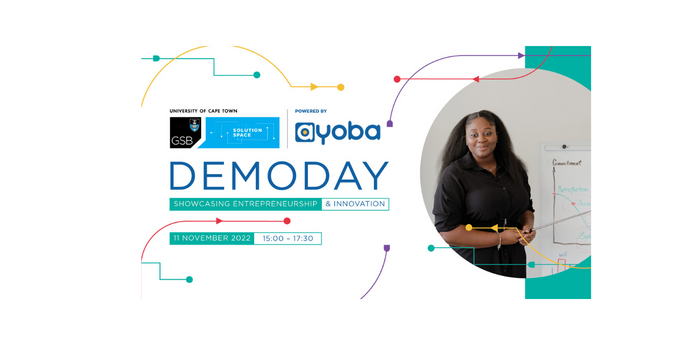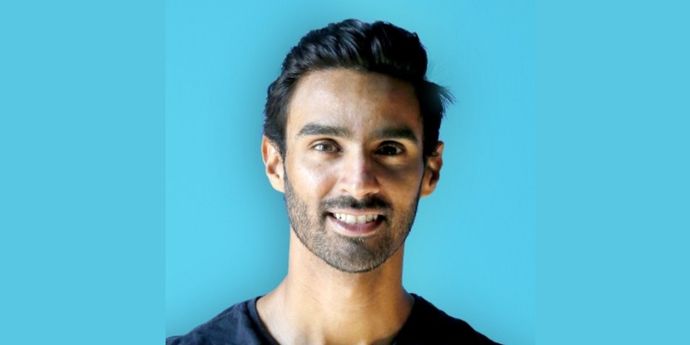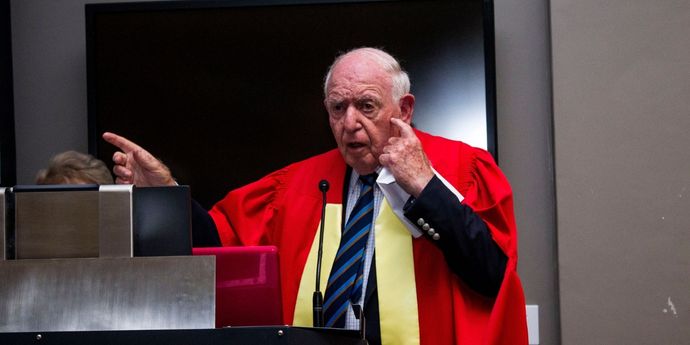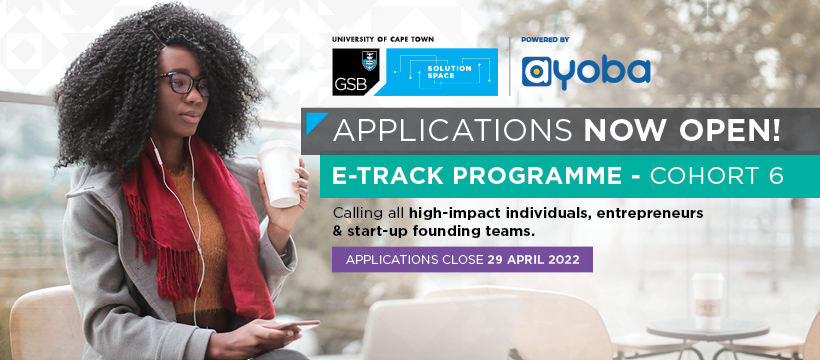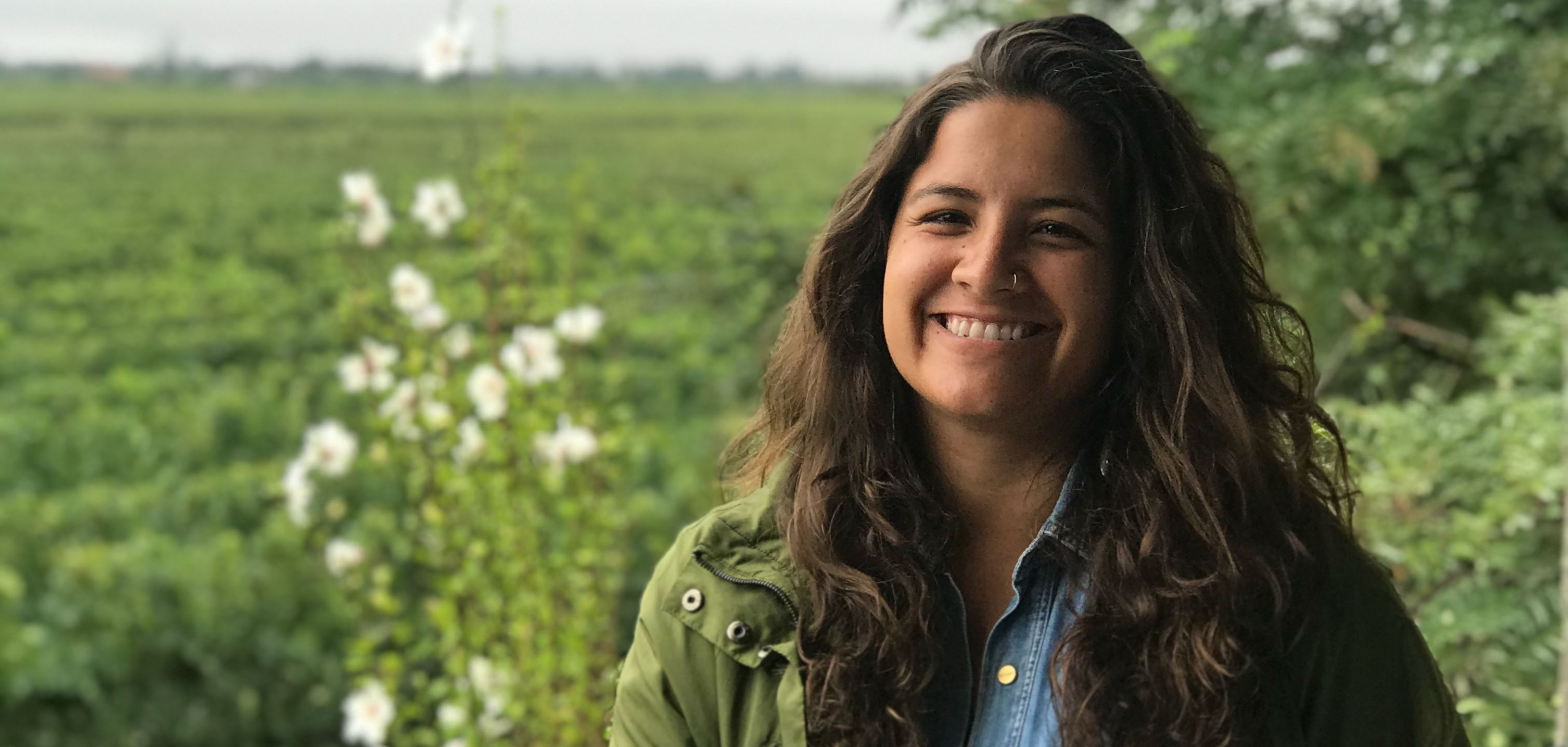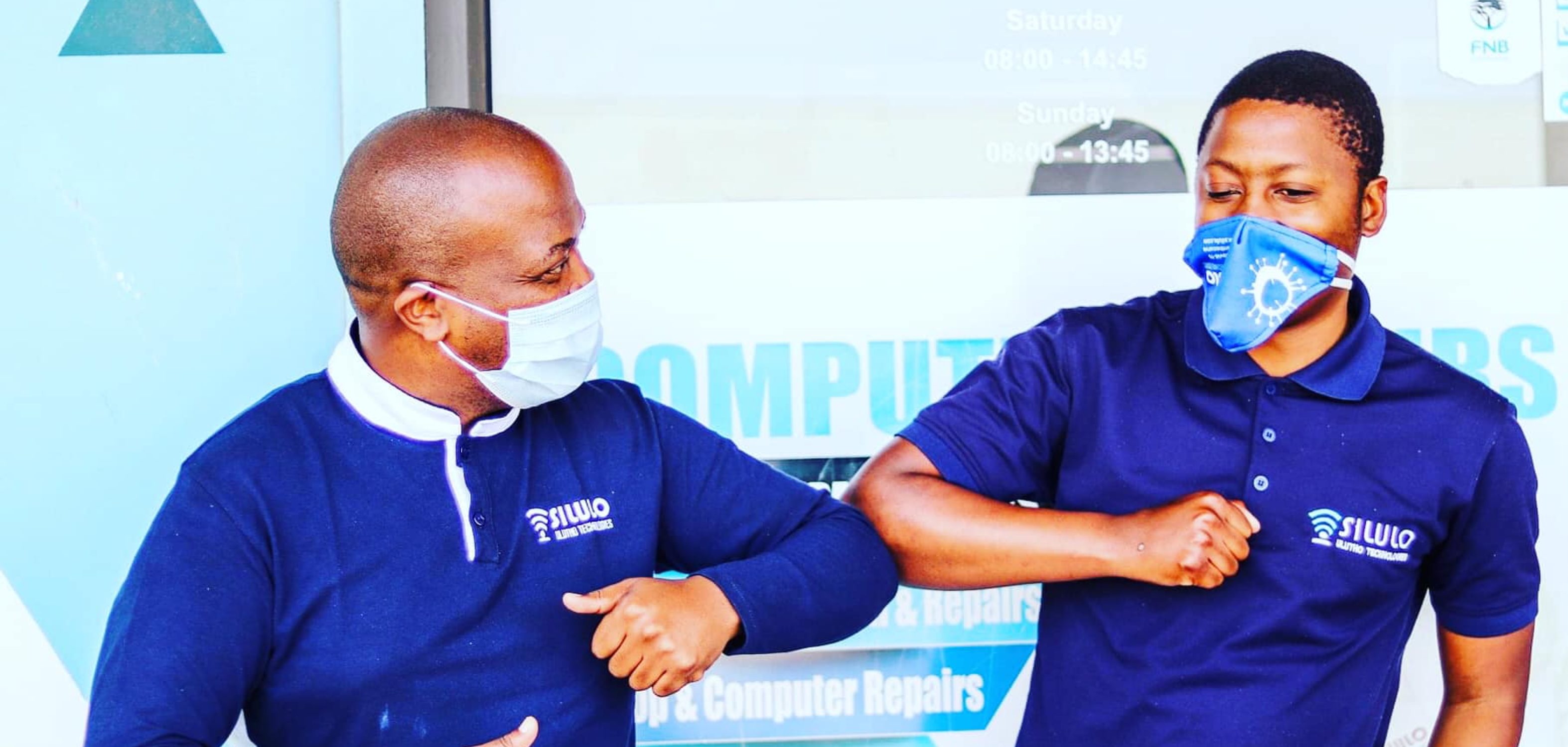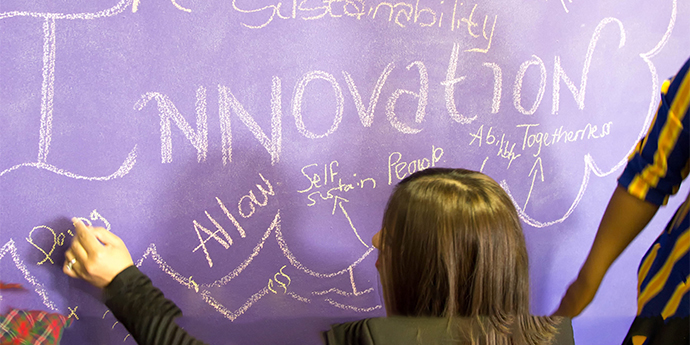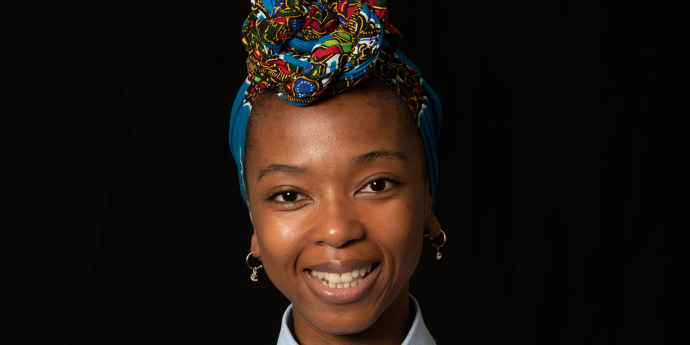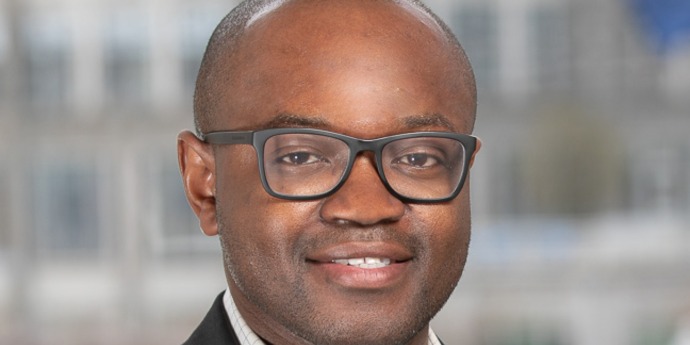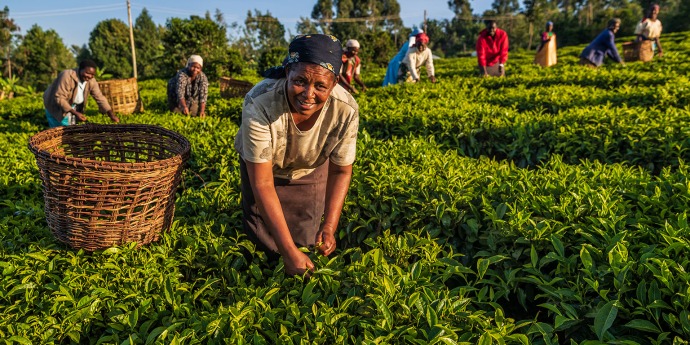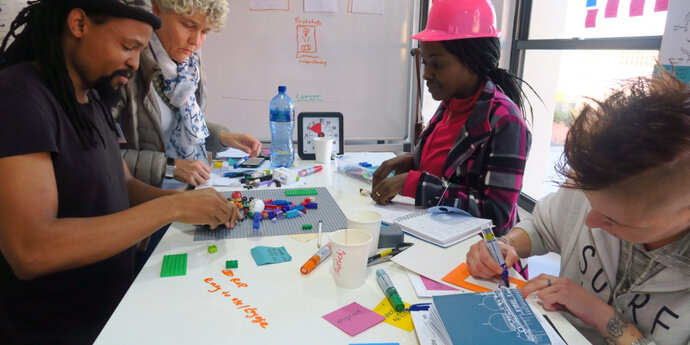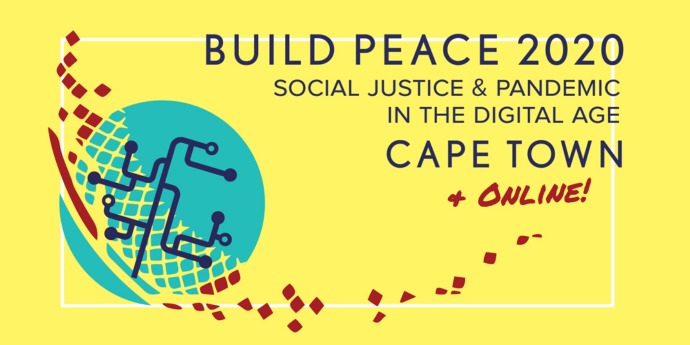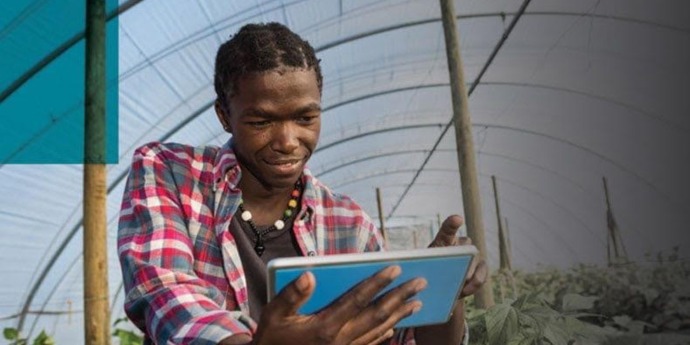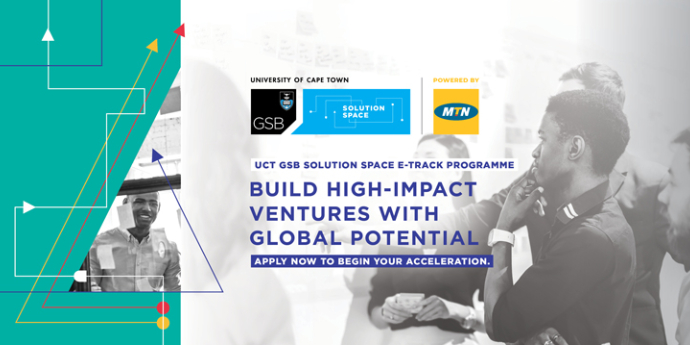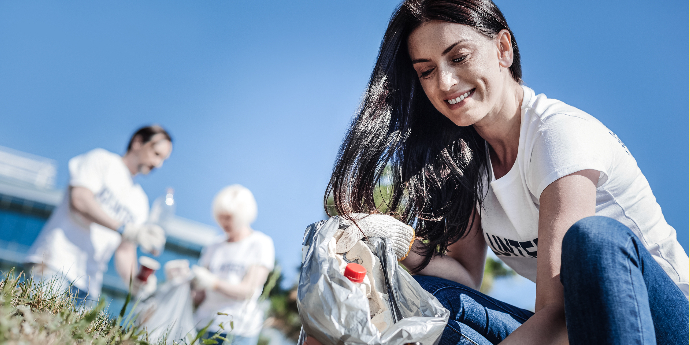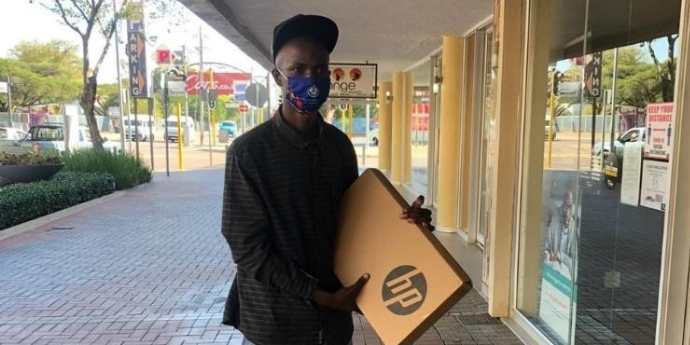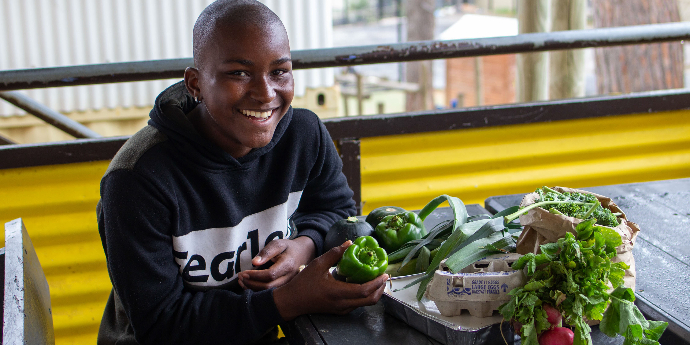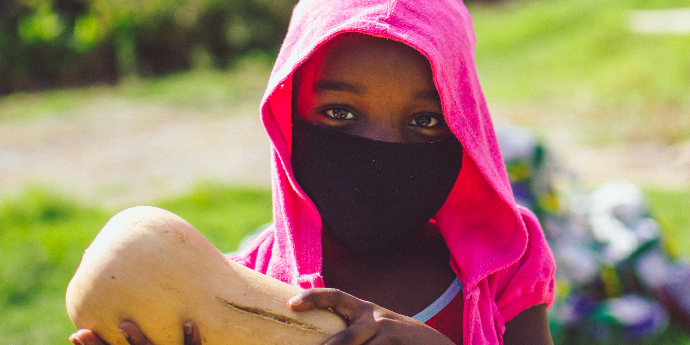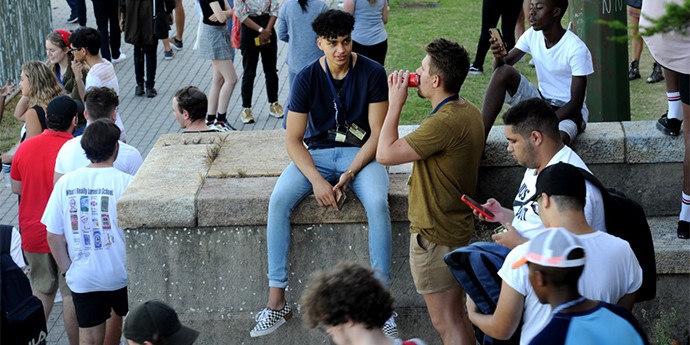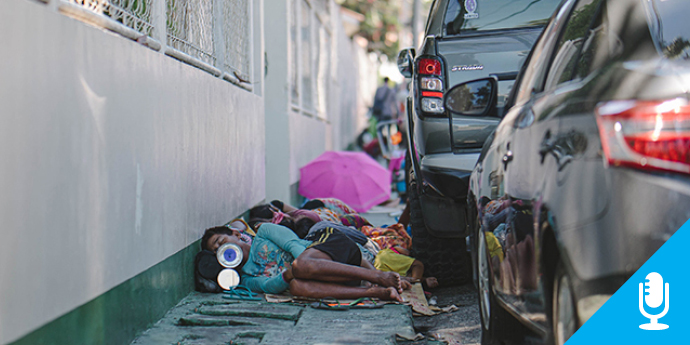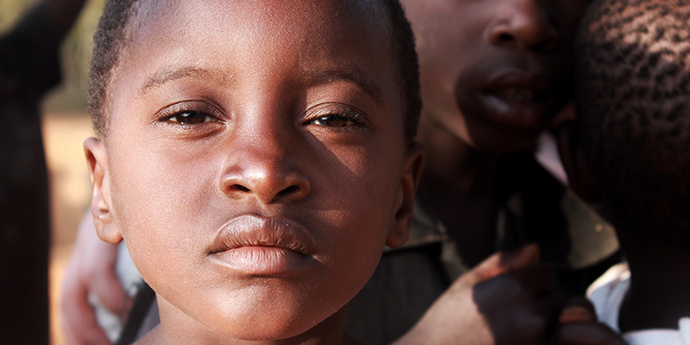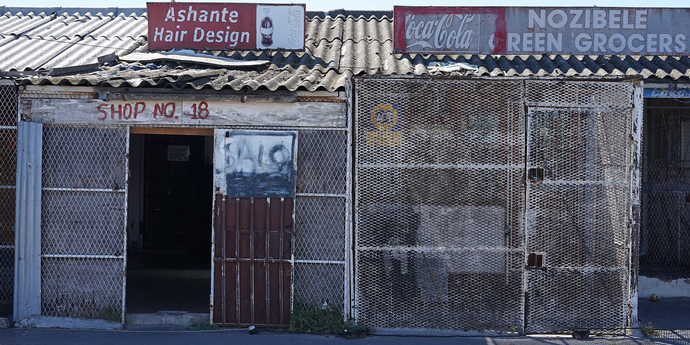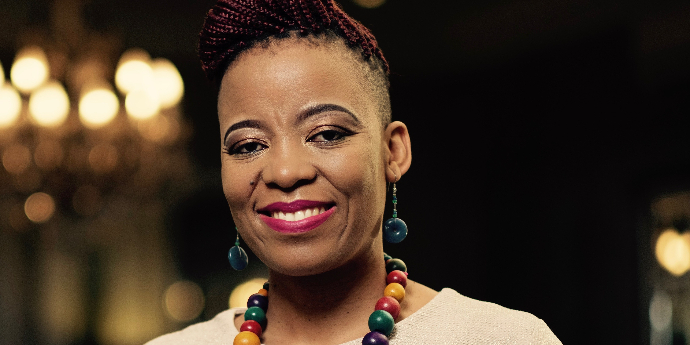BY Luvuyo Maseko and Jason Bygate
Well before the COVID-19 pandemic forced the hands of South African schools and universities to take their teaching and training online, some organisations had been dipping their toes in the digital waters.
For example, the Good Work Foundation, which refers to itself as the “creator of Africa’s first digital learning campus model for rural communities” has, since 2012, delivered online training to some 8,000 school learners at its five centres in rural Mpumalanga, employing trained community members as facilitators.
In 2020, the Foundation went one better. It quickly adopted a blended-learning model for its Bridging Academy to which 324 young adults had been enrolled in February 2020. In March 2021, all participants successfully completed the programme, despite the surging pandemic.
The Good Work model serves as a textbook case of ‘Tech4Good’ – a concept that broadly speaks to the harnessing of information and communication technologies (ICTs) and “big data” in the service of areas such as education, healthcare, and financial inclusion. In theory, technology is a great enabler, offering especially developing countries an opportunity to “leapfrog” into a more advanced space. But the reality is that in Africa, a lack of digital infrastructure and reliable access to data is hamstringing efforts in this regard. Then came the pandemic.
COVID-19 pointing the way to new possibilities
The COVID-19 pandemic and associated lockdowns have, as we all know by now, boosted digitisation across the board as people rapidly switched habits to shop, learn and engage online. But it has also, as a new report from the World Economic Forum details, exposed the deep fault lines in our societies, especially when it comes to digital access.
In South Africa we saw this play out as schools, universities and households with deeper pockets muddled through the online transition with relative success while less well-resourced institutions struggled to get laptops and digital to all their students to enable digital learning. The NIDS-Cram survey which looked into the effects of the pandemic across education found that most grades lost up to 40% of school days in 2020 and highlights that poor access to computers and unstable home internet connections have meant that online learning has not been possible for most schools over lockdown.
These digital growing pains were all the more evident in the youth development sector in South Africa where countless organisations and institutions that have historically relied on face-to-face interactions were hopelessly blindsided by the pandemic.
Youth organisations still playing catch up
Despite the fact that South Africa has been ranked among the top 10 countries globally in the field of digital maturity at a corporate level, the development sector has no such credentials. In work being conducted by Capacitate, we have found most youth organisations lacking in digital maturity. Often operating on limited budgets and single-mindedly focused on delivering their core services, many have no idea what is technologically possible. It’s not uncommon to find organisations keeping tabs on their services and clientele using Excel spreadsheets, Word documents or even paper forms.
This has not stopped organisations from being inventive and responsive. In fact, our research shows that many organisations showed a willingness to adapt once they realised that social distancing was going to be the norm for some to come. But while some, like the Raymond Ackerman Academy, linked to the University of Cape Town Graduate School of Business (UCT GSB), were able to take their learning online relatively quickly, others are still playing catch up. ICT is not yet fully integrated into their systems and processes, owing to either a lack of funding, infrastructure and skills, or all of these elements; it’s not part of their DNA yet.
Helping youth organisations to make the leap
To help plug this gap, the Bertha Centre for Social Innovation at the UCT GSB and Capacitate have teamed up to launch a new podcast series: the Good Tech Podcast series, to guide youth organisations through the choppy waters of digital transitioning.
But while this initiative aims to provide practical on-the-ground guidance to youth organisations, on its own it will not be enough to close the digital divide. Too often youth development work in the Tech4Good space is scuppered by the most basic of obstacles, lack of access to reliable and cheap data. In South Africa, the cost of data puts online access beyond the reach of many young people, and organisations often lack the financial muscle to offer such access. Government and the private sector therefore need to step up to help us address these.
And this is happening in isolated instances. For example, in October last year, Microsoft South Africa, as part of Microsoft’s Global Skills Initiative, donated over R2.5 million to youth development NPO Afrika Tikkun, which runs a broad suite of programmes aimed at young children and the youth. Likewise, the state has also made important contributions, for example, a public-private partnership between the government and network providers such as MTN, Telkom and Vodacom to establish zero-rated platforms where some academic materials can be accessed for free.
But such examples remain few and far between, especially in a context where civil society is facing COVID-fatigue among donors, be it big companies or individuals. What’s more, such projects would need to be scaled up substantially to have a real impact.
While the COVID-19 pandemic has given us a glimpse of what is possible and nudged several organisations further down the road towards 4IR, it is clear that progress remains too slow.
To help youth development organisations make the leap into a technology-enabled future, they will need a raft of support ranging from practical advice to funding and better infrastructure. And this will require concerted action from all stakeholders to help them get there.
The rewards of getting it right are irresistible; the opportunity for us to reach and impact the lives of millions more young people in South Africa and by so doing to help break the stranglehold that poverty has over their lives.
Luvuyo Maseko is the project lead for youth innovation at the Bertha Centre at the University of Cape Town Graduate School of Business; and Jason Bygate is senior partner for innovation and technology at social enterprise Capacitate.

